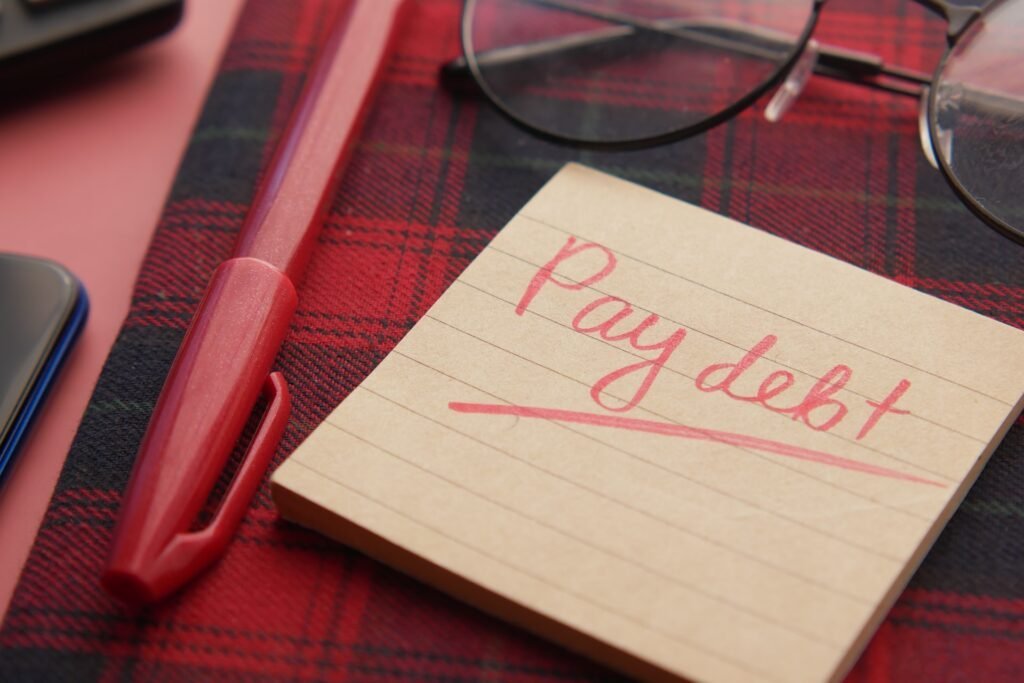Maybe you’re one of the people who made some of these mistakes. Maybe you’re not. The truth is, it’s important to learn from others’ mistakes so that you don’t make them yourself. If you realize there’s something wrong with your financial situation, don’t wait until it’s too late to fix it. Learn from others on this list; hopefully, you won’t follow in their footsteps!
Overspending and unnecessary expenses
Large sums of money are frequently lost, one dollar at a time. Even though buying that double-mocha cappuccino, going out to dinner, or ordering that pay-per-view movie may not seem like a big deal, everything adds up.
Spending just $25 a week on eating out costs you $1,300 annually, which could be used to cover several additional credit card, auto, or other payments. Avoiding this error is extremely important if you’re in financial difficulty because, in that case, every dollar will be more important than ever.
Continuous Payments
Do you really need the things you’re paying for month after month, year after year? Cable television, music services, and upscale gym memberships are a few examples of things that can make you pay continuously while leaving you with nothing in return. Living a leaner lifestyle can help you increase your savings when money is tight, or you just want to save more. This will shield you from suffering financially.
Living Off of Credit
It has become fairly typical to use credit cards to pay for necessities. But even if more and more people are willing to pay the high-interest rates on gas, groceries, and a variety of other items consumed long before the bill is completely paid in full, doing so is not a wise financial decision.
Credit card interest rates significantly increase the cost of the items that are charged. Occasionally, using credit may result in you spending more than you make.
Buying a New Car

Even though only a small percentage of buyers can pay in cash, millions of brand-new cars are sold yearly. But being unable to pay cash for a new car doesn’t necessarily mean you can’t afford it. After all, having enough money for the payment is not the same as having enough money for the car.
Additionally, by taking out a loan to buy a car, the buyer pays interest on a depreciating asset, thereby amplifying the gap between the car’s value and the price paid for it. Even worse, many people lose money trading in their cars every two to three years.
Occasionally, taking out a loan is the only option to purchase a vehicle, but how many consumers actually require a large SUV? Purchasing, insuring, and fueling such vehicles is expensive. Buying one can be costly unless you need an SUV to make a living or you tow a boat or trailer. Cars are expensive, so if you’re purchasing more than you need, you might be wasting money that could be saved or applied to debt repayment.
Overspending On Your Home
When buying a home, bigger does not always mean better. Unless you have a large family, a 6,000-square-foot home will cost you more in taxes, maintenance, and utilities. Must you really eat up such a sizable chunk of your monthly budget over the long term?
Paycheck to Paycheck Existence
The personal savings rate for American households in June 2021 was 9.4%. Many families may be living paycheck to paycheck, so an unexpected issue could quickly become a catastrophe if you are unprepared.
People who consistently overspend find themselves in a precarious situation where one missed paycheck would be disastrous and they depend on every dollar they make. When an economic downturn occurs, this is not the situation you want to be in. You won’t have many choices if this occurs.
A lot of financial advisors will advise you to keep three months’ worth of expenses in an account that is easy to access. You might run out of savings due to a job loss or economic changes, putting you in a debt accumulation cycle. Three months’ worth of breathing room could mean keeping and losing your home.
Not Making Retirement Investments
If you don’t put your money to work for you in the markets or through other investments that generate income, you might never be able to retire. Start making monthly contributions to dedicated retirement accounts to have a comfortable retirement.
Invest in tax-deferred retirement accounts and/or an employer-sponsored plan. Know how much risk you can manage and how long it will take for your investments to grow. Work with a seasoned financial advisor to align this with your objectives.
Using Savings to Pay Off Debt

You might believe that by substituting your retirement account for your debt, which is currently costing you 19% of your income while earning 7%, you will be able to keep the difference. However, it’s not that easy.
It is very difficult to repay those retirement funds, and you risk being charged exorbitant fees, in addition to losing the benefit of compounding. Borrowing from your retirement account may be an option if you approach it with the right mentality, but even the most diligent planners struggle to put money aside to rebuild these accounts.
The pressure to pay back the debt usually disappears once it has been settled. As a result of the strong temptation to continue spending at the same rate, you run the risk of going further into debt. Living as though you still have a debt to your retirement fund is necessary if you plan to pay off debt with savings.
Failure to Plan
What happens right now will affect your financial future. Spending two hours a week on finances is impossible for most people, who instead spend long hours watching TV or browsing social media. Knowing your destination is necessary. Make financial planning a priority.
Takeaway
Start by keeping track of the small costs that quickly add up to avoid the risks of overspending, and then move on to keeping track of the larger costs. Consider your options carefully before adding any more debt to your list of obligations, and remember that just because you can make a payment doesn’t mean you can afford the item.
Finally, prioritize saving a portion of your income each month and creating a solid financial plan. Working with a professional financial advisor is a good place to start with financial planning. Our team can guide you through all aspects of your finances, whether dealing with significant life changes, making retirement plans, or simply deciding where and how to invest and save your money.
No matter where you are in life, working with Savvy Financials to assess your finances and create a detailed plan for your financial future will give you confidence. For more information about our financial advisory services, visit our website today!

